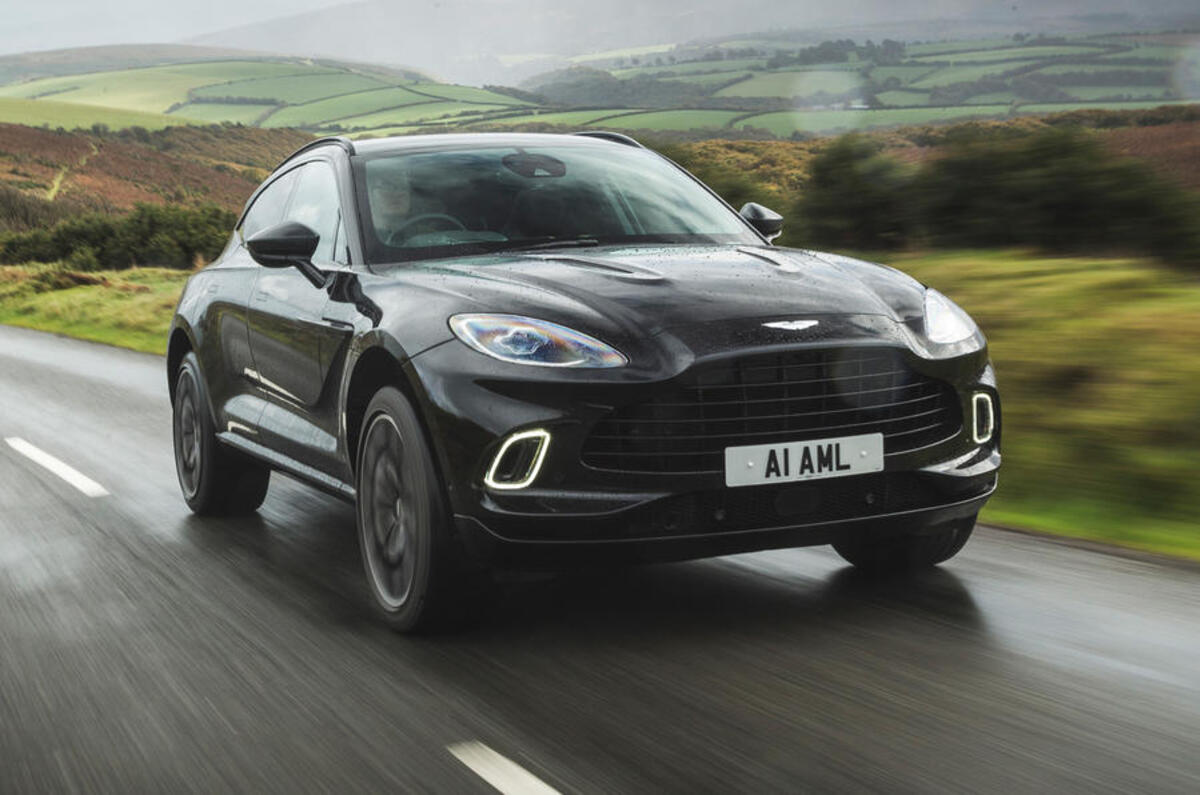Aston Martin’s losses ballooned in the first half of this year, hitting £285.4 million, as a result of supply shortages, foreign-exchange movements and high interest payments on its debts.
The loss - up from £90.7m in the same period last year - came despite revenues rising to £541.7m, up 9% year on year.




Add your comment